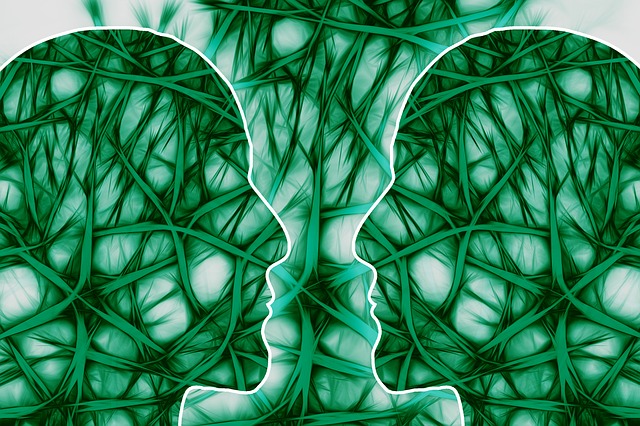
When I was visiting with my father to celebrate Thanksgiving, he asked me why what he suffers – dementia, a memory disorder, a neurological disorder – is any different than what I have – bipolar disorder, a mental illness, a psychiatric disorder? Why these distinctions? Why is stigma attached to one and not another? Why do so many of us feel compassion for those with dementia and fear those with mental illness?
According to the American Board of Psychiatry and Neurology, Inc. (ABPN), which board certifies both psychiatrists and neurologists:
The conditions psychiatrists treat include disorders such as:
- Depressive disorders
- Anxiety disorders
- Substance-abuse disorders
- Psychoses
- Developmental disabilities
- Sexual dysfunctions
- Adjustment reactions
Neurologists diagnose and treat disorders of the nervous system (brain, spinal cord, and nerves) and muscles. These disorders include:
- Stroke
- Brain and spinal cord tumors
- Muscular dystrophy
- Headache and other pain
- Meningitis
- Encephalitis
- Epilepsy (seizures)
- Parkinson disease
- Alzheimer disease and other memory disorders
- Multiple sclerosis
- Effects of systemic diseases, like high blood pressure and diabetes, on the nervous system